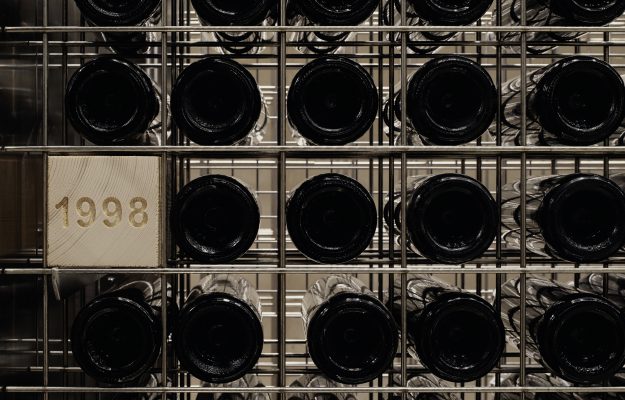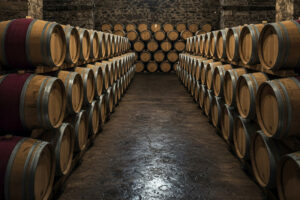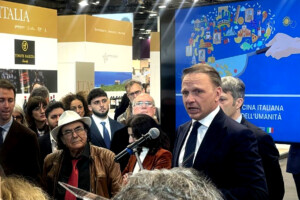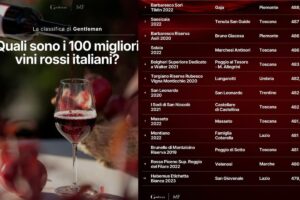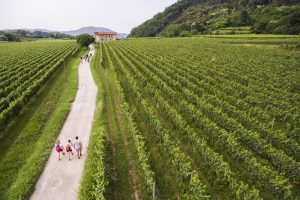“Farmer’s wine”, “genuine wine”: up to 10-15 years ago this was the concept of “direct sale” that went for the most. This concept then evolved, with Italian wineries and wine companies who have opened their doors to everyone, but also to sell their bottles, even the most valuable ones, directly to the end customer. Now, the concept of direct sales is ready to take another step and to definitively conquer the fine wine market. The basic reason is always the same: the certainty of origin and, in the case of bottles that are worth hundreds, if not thousands of euros, also for their “age”, guarantees on the state of preservation. This explains the fact that 50% of buyers indicate that the preferred way to buy fine wine is to do it directly from the producer, also, of course, for price reasons. This according to a survey by Liv-Ex, Benckmark of the secondary wine market, and the largest community of professionals and buyers in this segment of wine, with over 475 members from 44 countries around the world including retailers, investment funds, collectors and more. The preferred way is to go directly to the source, therefore, for 1 out of 2, and it is an aspect that wineries, which see their weight grow on the fine wine scene, as told in many analyses, must take into account in order to grow further.
Then, as a source of purchase, come in order, other wine merchants and professionals in the sector, and then the same platform of Liv-Ex. Private collections and auctions are less popular (although, in this sense, there is a net and constant growth in the turnover of the different houses, in the wine & spirits sectors), because they give fewer guarantees on the origin of the wines, on the state of preservation of the same, and are subject to major price fluctuations.
But this is only one aspect of the fine wine market that is experiencing important changes, only partially accelerated by the pandemic. A change that also touches one of the top events for the fine wine market, such as the en primeur of Bordeaux: when asked whether it is still the most important moment for this type of trade (in which Bordeaux wines are still predominant, even if less than in the past), only 45% agree, with 17% neutral, and 38% who do not think so at all.
Anyway, for all buyers, the challenge of the future is the same as always: finding bottles to buy (and resell) at the right price. While the theme of transport time and costs, or logistics, is also growing in importance. But there is another aspect in which everyone or almost everyone agrees: the growth of technology, even in the fine wine market. And, if on the one hand, this will simplify the purchase and sale of fine wine, on the other hand, it will bring further changes, such as the growth of direct-to-consumer, precisely. Especially in the next 5 years. But this will have another consequence: the increase of competition and competition in the market.
Copyright © 2000/2026
Contatti: info@winenews.it
Seguici anche su Twitter: @WineNewsIt
Seguici anche su Facebook: @winenewsit
Questo articolo è tratto dall'archivio di WineNews - Tutti i diritti riservati - Copyright © 2000/2026










